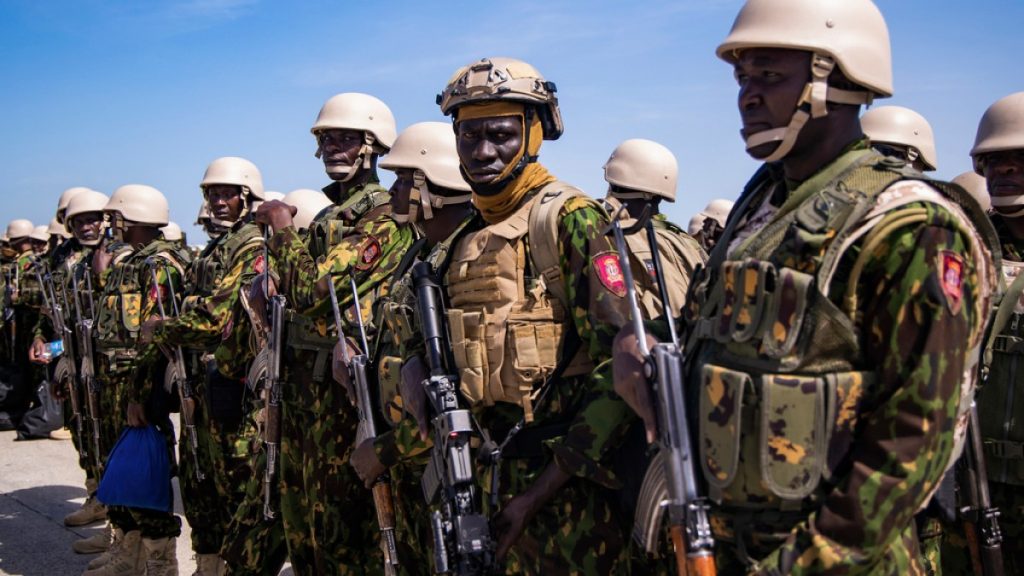The United Nations-backed mission to combat powerful armed gangs in Haiti began with the arrival of a group of Kenyan police officers. The officers, waving their country’s flags and sporting camouflage uniforms and rifles, landed at the Toussaint Louverture international airport near the capital of Port-au-Prince. More than 80 percent of the city is under the control of gangs, leading to extreme turmoil in the Caribbean country. United States President Joe Biden commended the countries that pledged personnel and financial support to the mission, including the US’s contribution of $360 million.
Although the UN has called for a security force to be sent to Haiti, critics have raised doubts due to the lack of concrete details regarding the goals and actions of the mission. Romain Le Cour Grandmaison of the Global Initiative Against Transnational Organized Crime pointed out the need for transparency in the mission’s objectives and strategies. Despite the uncertainty, Haitian Prime Minister Garry Conille expressed his gratitude and hope for the mission, emphasizing the country’s difficult situation and the need to regain control. The forces are seen as agents of peace, stability, and hope, according to Monica Juma, a security adviser to Kenyan President William Ruto.
While the Kenyan police forces arrived in Haiti, there were concerns about their ability to operate effectively, given recent incidents in Kenya where police opened fire on protesters, resulting in fatalities and injuries. The question arises as to whether the police can manage the situation in Haiti given the challenges they face in their own country. Biden administration spokesperson Matthew Miller assured that the Kenyan personnel in Haiti have been vetted, and the importance of human rights is emphasized. The Kenyan police are part of an international force that is expected to reach about 2,500 police from 15 other countries.
The previous UN mission in Haiti, which lasted from 2004 to 2017, was marred by allegations of sexual assault and the outbreak of cholera. Its impact on improving conditions on the island was minimal, and gangs have since increased their influence in the absence of a strong government. Violence this year has led to a record number of people being displaced from their homes, and nearly half of the population is facing severe hunger. The current mission aims to curb the power of the gangs and restore stability and security in Haiti, but concerns linger about the effectiveness and impact of the intervention.
The international community’s response to the crisis in Haiti through the deployment of police forces from various countries signals a renewed effort to address the challenges facing the country. However, the history of foreign interventions in Haiti, including the controversial past of the UN mission, raises questions about the effectiveness and long-term impact of these efforts. Transparency, clear objectives, and adherence to human rights are crucial components of a successful mission in Haiti to combat gangs and restore stability to a country in crisis. The collaboration between countries to support Haiti in this mission demonstrates a collective commitment to addressing the complex issues plaguing the country and working towards a more secure and prosperous future for its people.


